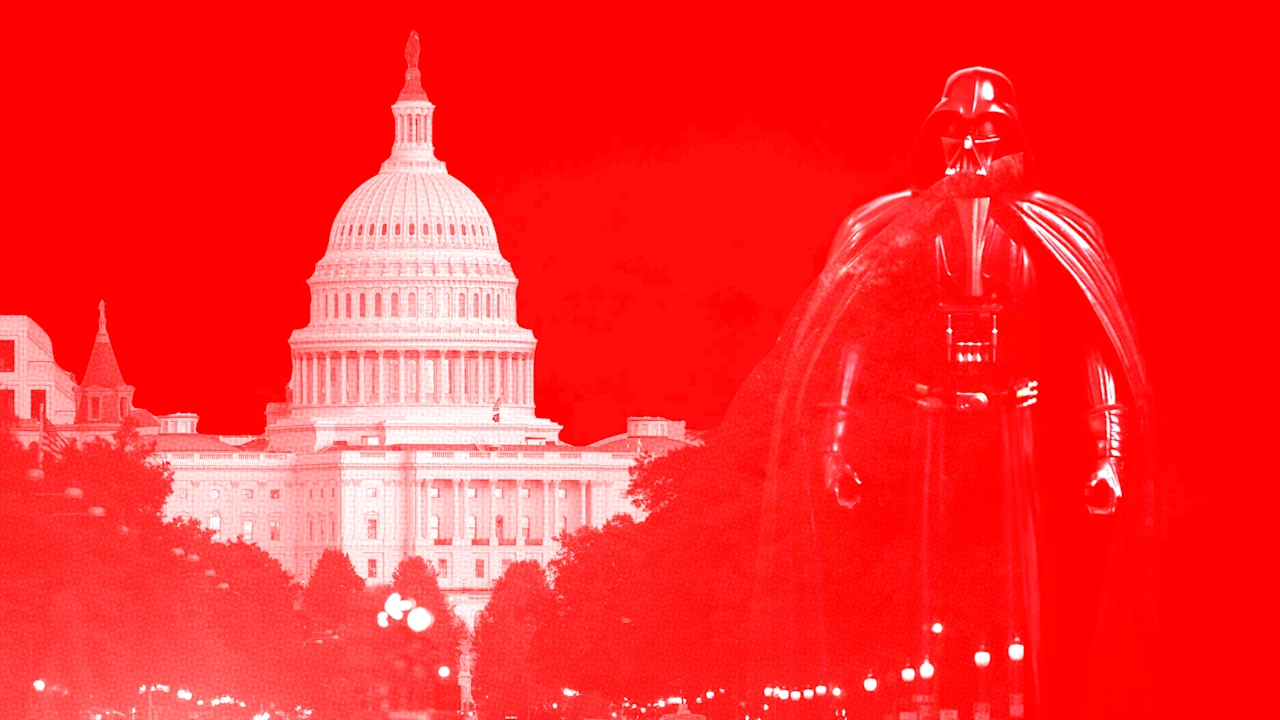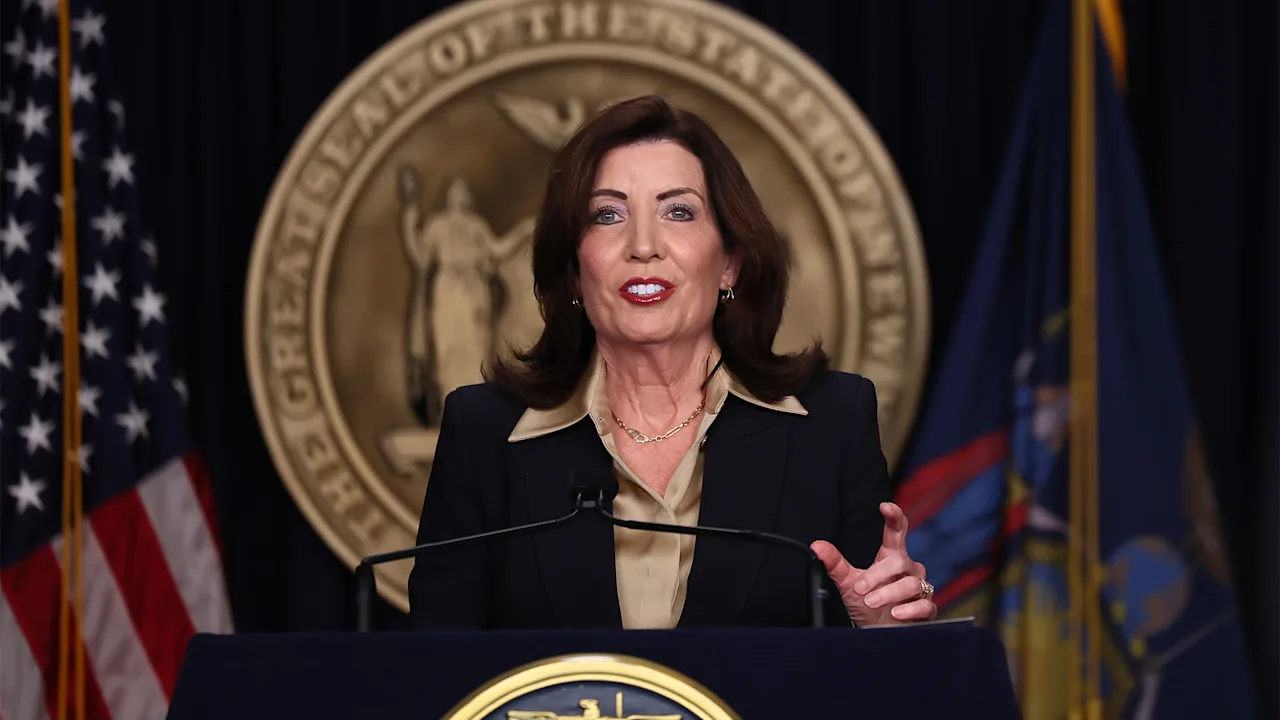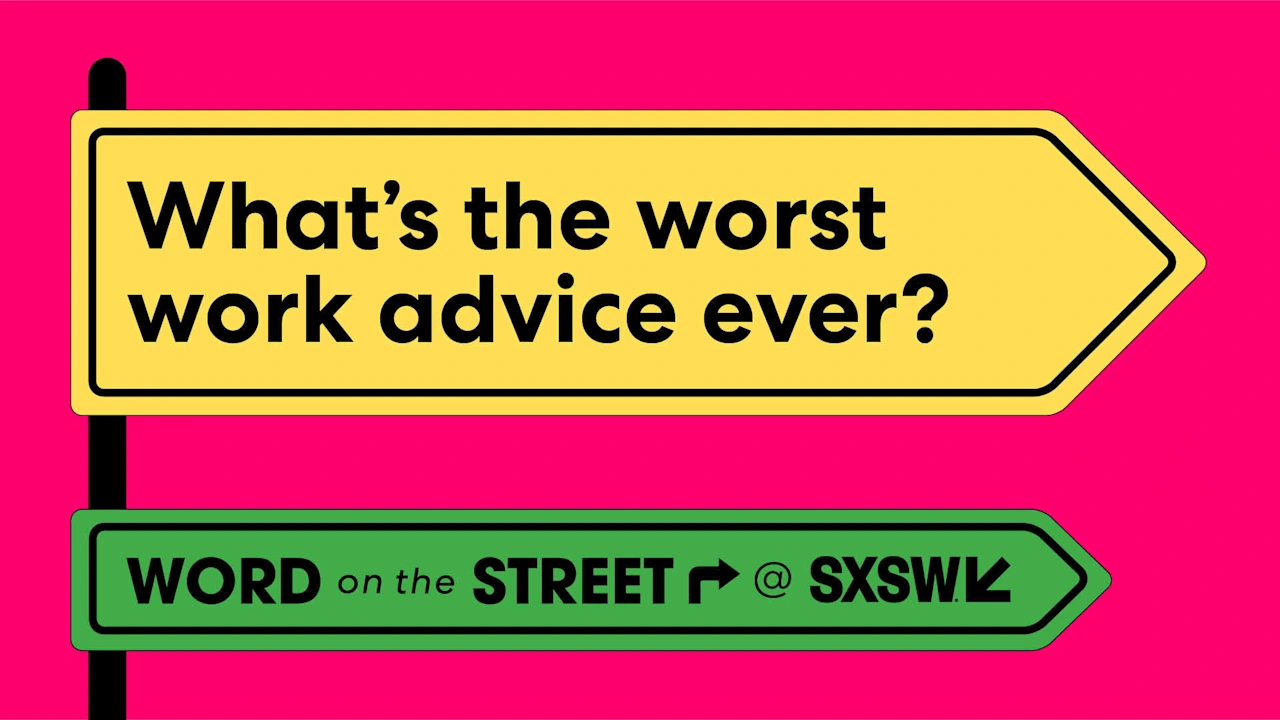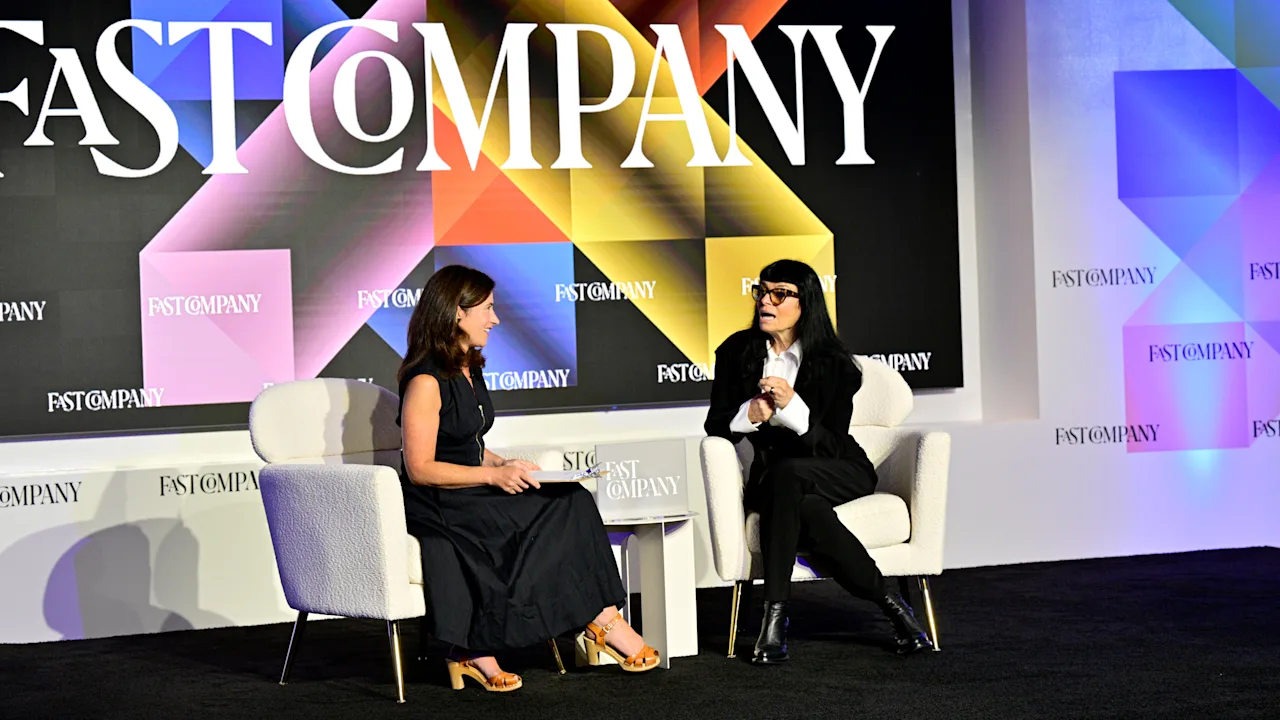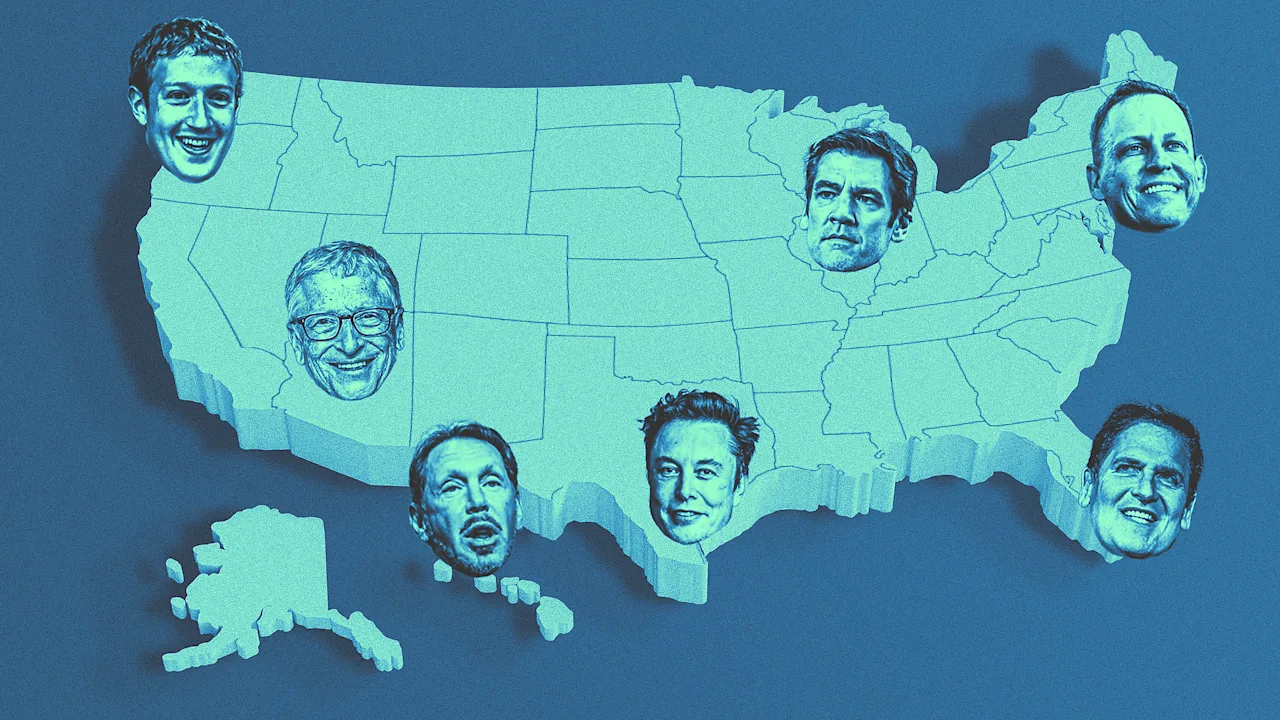www.fastcompany.com
You sit down to tackle a big project, and within minutes, your inbox pings. A Slack message follows. By the time youve responded to those, another four have hit your inbox. Before you know it, your mornings derailed, and your deep work window is gone.Email alone consumes over a quarter of the average professionals workweek. But its not just the volume that hurts. Its how email fragments your attention, blocks deep work, and subtly sabotages your success. The average knowledge worker gets hit with 117 emails and 153 chat messages a day. And they check email on average 15 times daily, often reacting instead of prioritizing.At Lifehack Method, we coach busy professionals on how to reclaim their time and do meaningful, fulfilling work. Ive interviewed hundreds of managers and executives about how they manage email. Some are still drowning. But others have found simple, powerful systems that have changed the game (and no, its not necessary to aspire to Inbox Zero).With just a few key shifts, you can, too. Here are five proven strategies to stop letting email run your day.1. Force yourself to close your email inboxMost professionals work with their email inbox open, just in case an urgent request comes through. But that hypervigilance crushes your focus and can cause you to be less effective as a manager.The fix is batching. Check all your communication channelsemail, Slack, Teamsin short, focused windows. Outside those windows, you close your inbox and turn off notifications. If the idea makes you nervous, start small. Try five mini batch sessions spaced throughout the day. Eventually, youll find that three 30-minute sessions are plenty, even for high-volume inboxes.What do you do during these batching sessions? Enter strategy #2:2. Replace your folders with the Stack MethodThe Stack Method is a popular email folder system that professionals use to categorize each email that comes into their inbox. Instead of creating dozens of folders based on your unique workflow, every email goes to one of five folders based on the action it needs.These are the five folders:Reply: Needs a thoughtful response, but will take you more than two minutesDo: Small tasks to complete (under 15 minutes)Meetings: Scheduling or prep-related itemsWaiting On: Youve responded, but need follow-upReview: FYIs, CCs, or anything to skim laterDuring your email batch sessions, your job is to clear your main inbox by sorting everything into these folders. Once sorted, take action on each folder during dedicated time blocks. This is how overwhelmed professionals regain control over their email inbox quickly, without worrying that something is falling through the cracks.3. Use AI to prioritize, conserve mental energy, and go fasterEver left responding to an email for later only to spend more time remembering, flagging, or reopening it? Its often because we dont have the mental bandwidth to carefully type out a reply right then and there.But with voice dictation, which is three times faster than typing, layered with AI, youll find that email responses that used to take 510 minutes can now be done in under two. You can even use an AI writer (such as Chat GPT Writer, which plugs directly into Gmail) to draft a first pass, which you then review and edit.Heres a voice-dictation prompt to use on the go: Draft an email response from me [Your Name]. Tell them: [ramble your message here]. Keep it [short, informal, professional, etc.]. The AI turns your verbal mess into a polished email draft thats 80% ready to go.Executives are also using AI Agent tools like Fyxer.ai for AI-generated replies and inbox prioritization. Kara Brown is the CEO of LeadCoverage, the largest go-to-market agency that focuses on supply chain. She shares, Im sort of obsessed with [Fyxer], mostly because of the prioritization. It tells me when I get a one-to-one email versus when Im on a list serve . . . which is very handy in my very full inbox. It [also] drafts a response for me based on all the other emails that Ive written. Frankly, Fyxer is much nicer than I am! While I might write a three-word reply, like OK, thank you, it will write four or five sentences and make me sound so much nicer and polite. Its making it a lot easier to be more personal in my insanely overwhelming inbox.Jeff Smith, PhD, is the founder of QuantumIOT and a serial technology entrepreneur. He is quick to note that the best AI agent features currently offered by third parties will likely become native to your email platform of choice very soon. So, if youre not an early adopter of new tech, you have nothing to worry about. The real win really isnt inbox zero, its more like finally having the kind of assistant that weve only really ever seen on TV, he says.This isnt about outsourcing your voice. Its about expressing what you already know, but faster, cleaner, and more professionally.4. Buy time with placeholder repliesWhen someone emails you, theyre not usually expecting an immediate answer. What they really want is certainty that you saw it, and a clear timeline for your reply. Send a placeholder reply like this: Thanksthis is on my radar. Ill get back to you by tomorrow afternoon. Let me know if its more urgent. That one line calms the sender and gives you breathing room to craft a well-thought out response later.Another variation: If someones message is vague, dont try to decode it yourself. Reply with a quick clarifying question: Quick qare you looking for input on X, or a final decision on Y? This avoids the dread that you might erroneously interpret what they need from you, and end up needing to re-do the work anyway.5. Replace long collaborative threads entirelyWhen collaboration happens inside email threads, workers feel pressured to constantly check their inbox, just in case someones waiting on them. Even the best batching system can break down when your colleagues are unknowingly using your inbox as a live chat tool.Cal Newport, computer science professor and author of A World Without Email, calls this constant back-and-forth the hyperactive hive minda work style where problems are solved through an endless string of ad hoc, unscheduled messages. He calls this workflow a misery-making machine. With AI, this problem will accelerate. If youre sending more emails, faster, youd better believe that everyone else will, too. The hive mind will become even more hyperactive.The fix is to move collaborative work to shared hubs like Google Docs (for coauthoring and commenting) and Asana or ClickUp (for task-based back-and-forth).This shift creates two clear benefits. First, it protects your inbox for what its meant forannouncements, logistics, and brief 1:1 communications. Second, it protects your time by shifting multi-person conversations into tools designed for asynchronous collaboration (such as Asana, which is what we use at Lifehack Method).If youre leading a team, make this an explicit policy. If youre an individual contributor, start by modeling the behaviorcommenting in docs, tagging teammates in project tools, and replying to email threads with Lets move this over to Asana. The more collaborative conversations you remove from email, the easier it becomes to manage your inbox and maintain your focus.Email doesnt have to be your biggest productivity leakThese strategies arent about zeroing out your inbox for bragging rights. Theyre about protecting your focus and getting your time back. With a few small shifts, you can take back hours of time and massive amounts of cognitive energy from processing email, and reinvest it in the work that really drives you forward. Thats the kind of ROI your week needs.






 1KB
1KB



 1KB
1KB



